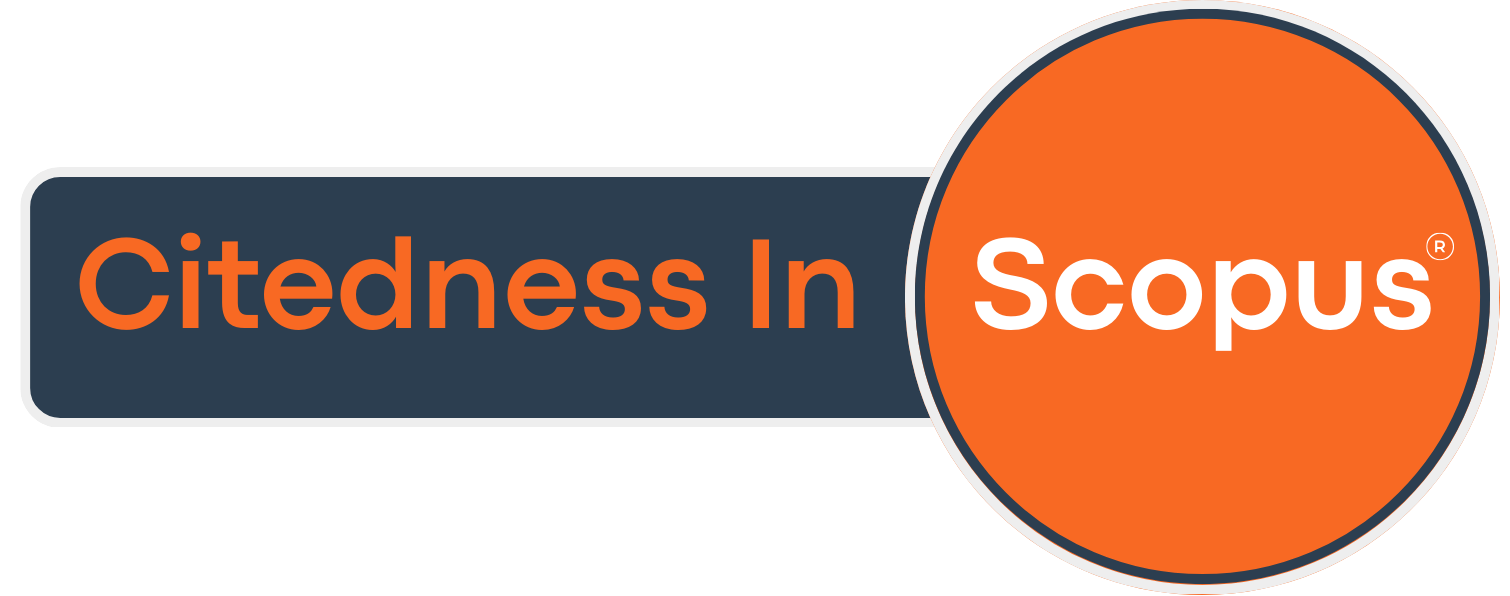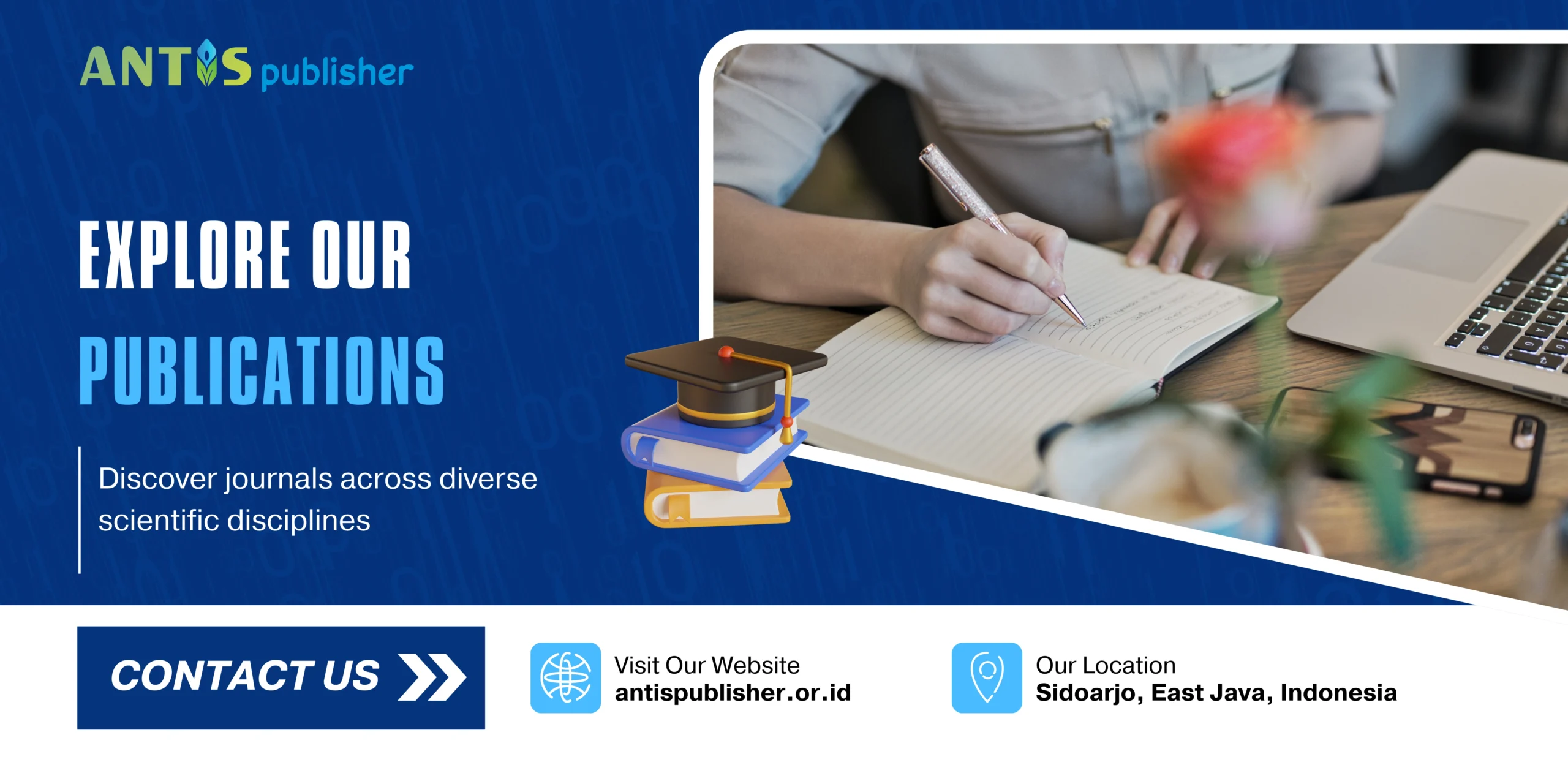The Views of the Faculty on the Effectiveness of Teacher Education Programs in Developing Lifelong Learning Competence
Downloads
The purpose of this research is to analyze the views of faculty members on the success of teacher education programs in developing lifelong learning competence. A review of the literature was conducted to gather information on the opinions of faculty members and to identify the key factors that they believe contribute to the success of teacher education programs in this regard. The results of the literature review suggest that the views of faculty members on the success of teacher education programs in developing lifelong learning competence are mixed. Some faculty members believe that these programs are successful in preparing students for a lifetime of learning, while others believe that there is room for improvement. Faculty members who believe that teacher education programs are successful in developing lifelong learning competence often point to the use of hands-on, practical experiences, the incorporation of technology, and opportunities for professional development as key factors in this success. Those who believe that there is room for improvement recommend incorporating more hands-on, practical experiences, providing opportunities for professional development, and incorporating technology in new and innovative ways. In conclusion, the views of faculty members on the success of teacher education programs in developing lifelong learning competence are diverse and complex. Further research is needed to determine the most effective ways to prepare students for a lifetime of learning and to assess the success of teacher education programs in this regard.

This work is licensed under a Creative Commons Attribution 4.0 International License.























